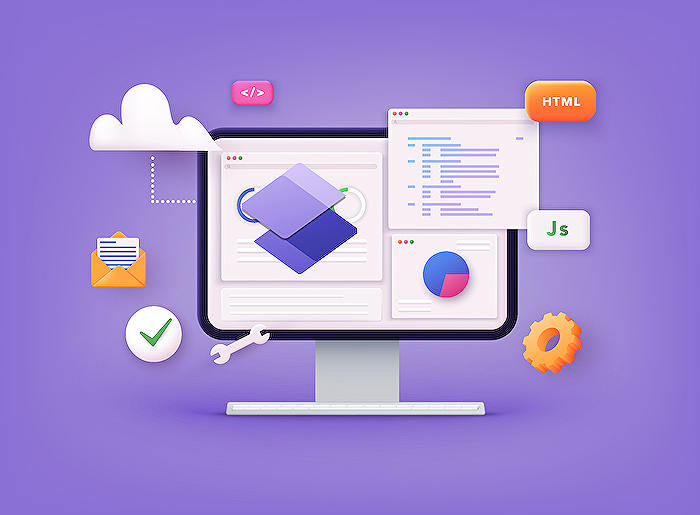
Troubleshooting WebAPI Error in Power Pages with N:N Table Permission
Explore Microsoft experts insight on Power Pages WebAPI error handling and optimizing N:N relationship enabled table permissions.
A Closer Look Into WebAPI Error with Power Pages N:N Enabled Table Permissions
In the tech world, N:N relationship relationships and child permissions have a wide array of applications in diverse scenarios. Recently, 'Michel Mendes [MVP]' shared in a blog post about an intriguing issue encountered during a complicated table permissions scenario on Power Pages, where the utility of N:N relationship relationships was required coupled with additional levels of child permissions.
The document pointed out successful results when using out-of-the-box lists and Liquid custom Web Templates. However, there were few errors with basic GET queries in the WebAPI, particularly regarding property not being found on a certain type.
Apparently, this is a prevalent issue that arises when Parental, Contact or Account scopes introduce additional conditions to the query.
The blog post emphasized on the importance of employing a FetchXML filter in the querystring whenever using this sort of relationship and making a call to the WebAPI. This usage guarantees that the difficulty does not escalate further.
Additionaly, users need to encode the FetchXML filter in the querystring. Decode it using the encodeURI function in JavaScript.
A sample API call was shared to demonstrate how to properly use fetch:
https://myportal.powerappsportals.com/_api/mypref_items?fetchXml=%3Cfetch%3E%3Centity%20name=%22mypref_item%22%3E%3Cattribute%20name=%22mypref_name%22%20/%3E%3C/entity%3E%3C/fetch%3E
This issue might seem intricate at first glance, but understanding and practicing the solution outlined can be a valuable asset. If you encounter a similar issue, this information might prove to be beneficial.
- Please remember when dealing with such relationships and making calls to WebAPI, using a FetchXML filter in the querystring can be of significant help.
- Make sure you have encoded the FetchXML filter in the querystring before using it.
- A common error can be not finding a property on a certain type.
To get more insight read here.
No author can make any certainty about the solutions of these errors, though the steps provided here can guide to possible solvency.

Keywords
Power Pages WebAPI error, N:N relationship, table permissions, table permission errors, WebAPI issues, Power Page errors, enabling table permissions, resolving WebAPI errors, N:N relationship problems, WebAPI error solutions